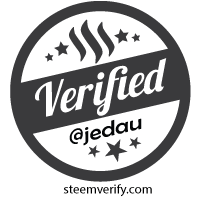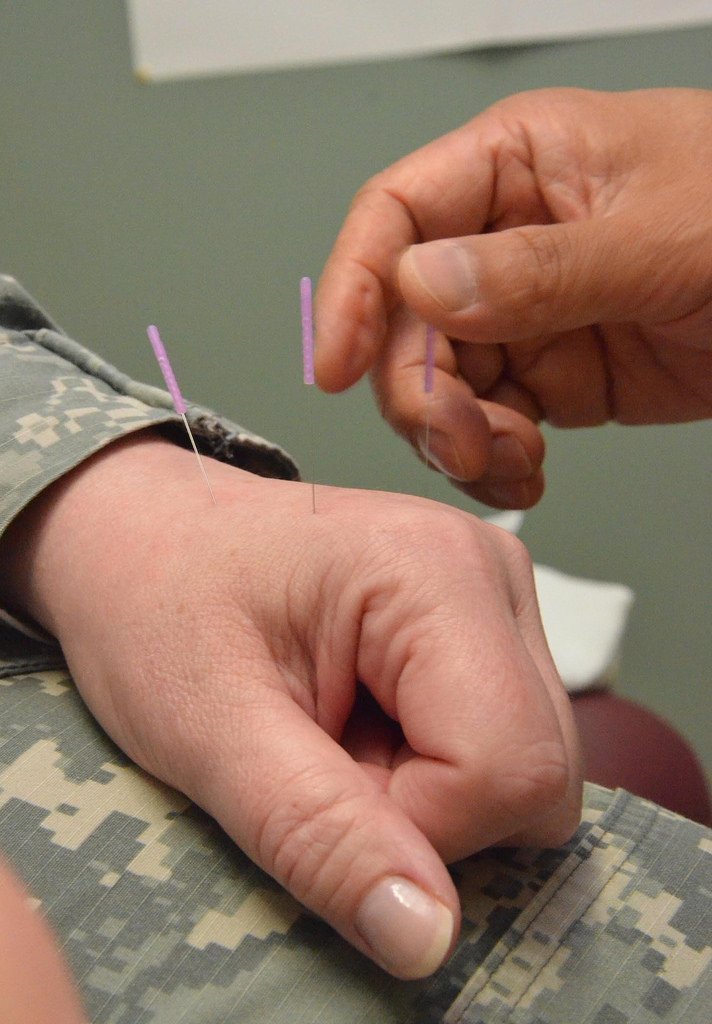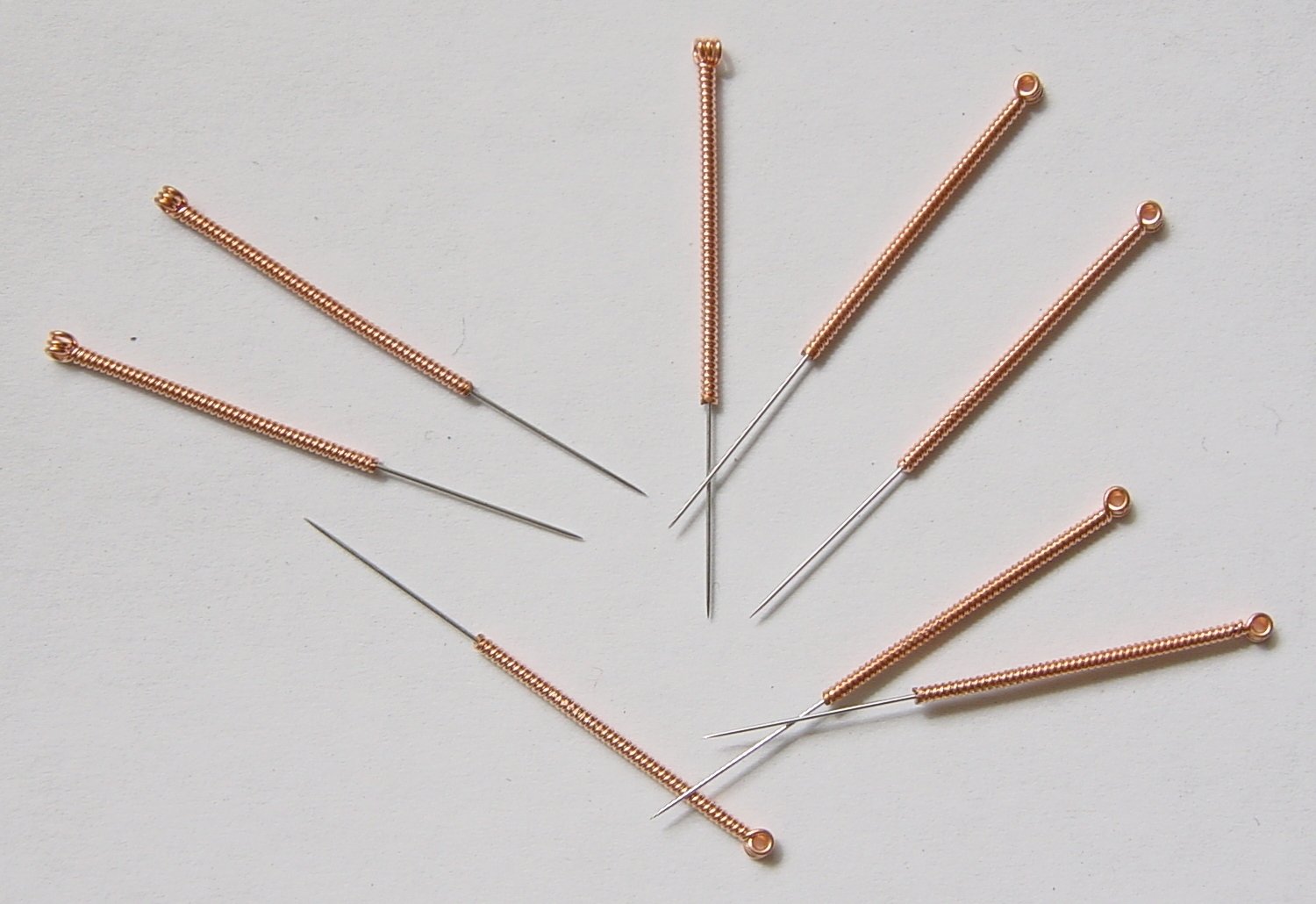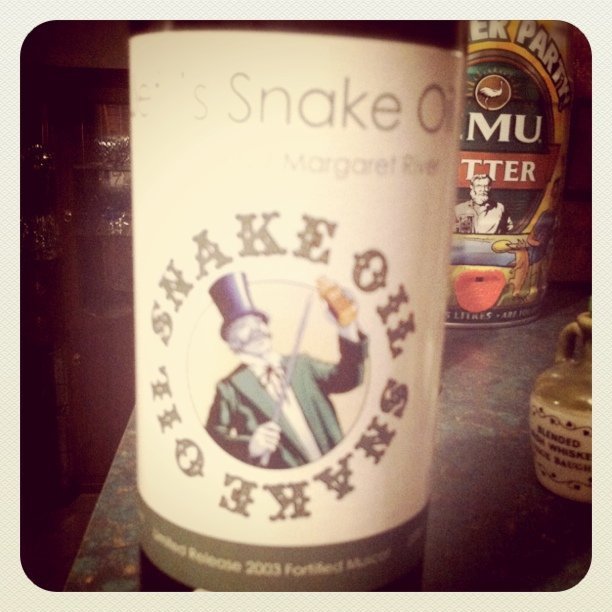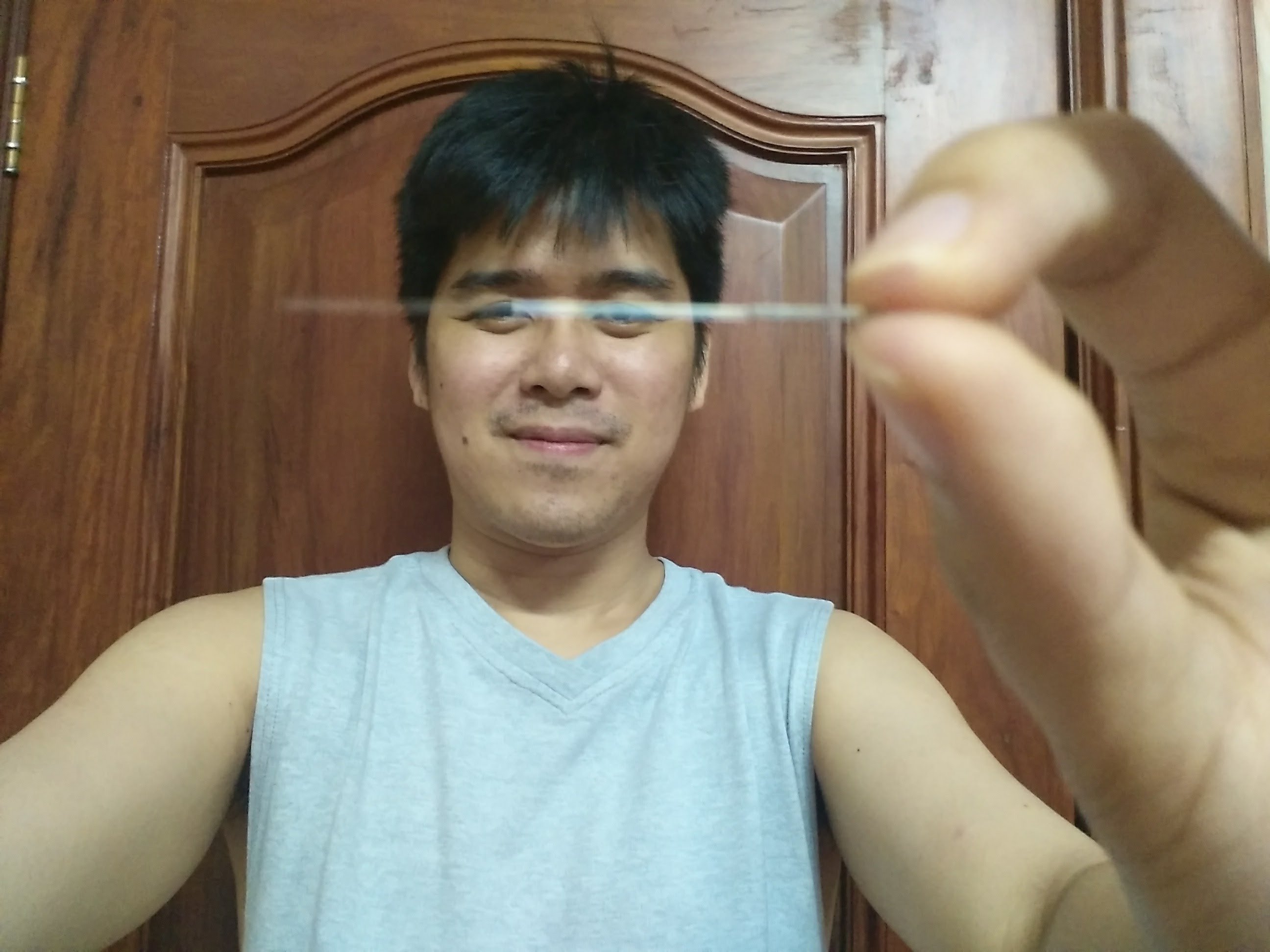
First of all, this post isn't about quilting or embroidery. So if you clicked this for that sole purpose, I apologize for the misdirection. Getting readers through deceit was purely not my intention at all. God knows that the embroidery and quilting circles have the most dedicated members. But, if you have a couple of minutes to spare, I invite you to take some time to read this entry. Who knows, you might walk away satisfied.
Whenever I'm not telling stories, solving problems or teaching other people how to solve problems, I practice Acupuncture. Hold the applause/cheers/jeers/shock/awe, these professions have more in common than they seem. Allow me to elaborate further in the following sections.
Acupuncture is such a divisive subject. Either someone's a big believer or a vehement skeptic. There are very little few who identify with the middle ground. I was inspired to write this piece because I've heard this popping up in more and more with differing sentiment in many mainstream movies and TV series like Doctor Strange (negative) and Marvel's Agents of SHIELD (positive). Granted, Marvel movies aren't the best arguments for realism, but it really got me thinking about the topic and how it's being perceived.
If you're looking for a post that details what Acupuncture is, then I'm sad to say this isn't that post. Instead, I implore you to look at the wide variety of resources on the internet if you want to learn more. I didn't create acupuncture, nor do I have groundbreaking information about it, so I don't have the right to profit from it. This post is about what I can provide: the reason why I practice it.
A Short(ish) Backstory
Before I learned acupuncture, I was one of those vehement skeptics. I mean, how could a person get healed by just pricking them with needles, right? That's just some quack practice that preys on gullible people. I belong to a family of medical doctors, so I think I would know what passes off as a credible cure. The reason why I'm not a doctor is a story for a different time.
I took a crash course with my mother, taught by a former Secretary of Health and other respectable medical doctors a little over two years ago, with the intention of criticizing every concept and as a compromise for my not being a doctor. But, with everything I do, I still kept an open mind heading in. A lot of our classmates headed in with some experience in the field, so they came across as braggarts. That's a problem one would naturally encounter if you head into something flaunting what little knowledge you have, but I digress. A few months passed and I finished the first course among the higher end of the class (my mother finished as the top graduate), so we went on to enroll for the next one. Alongside it, I was forced to enroll to a few medical courses, since I'm not a medical doctor, much to my aunt's constant dismay (ugh).
The next one was a bit harder, with more practical applications, but it gave us a chance to interact with patients and handle real-life cases. Time passed and I immersed myself in it. If I was going to spend time studying something, might as well give it my 100%. At the time, I was still not convinced about the benefits of Acupuncture, but I was slowly warming up to it. The community was just so political, filled with people trying to one-up each other. However, it's not all bad. There are a lot of people who have the purest intentions as well. My mother immediately got the others' respect because of her profession and her grade during the introduction course. Suffice to say, I wasn't getting any recognition for anything, so I just tried to focus on learning everything I can. Maybe I have a rejective air about me, but I don't easily accept trends or popular notions without dissecting it for myself, which didn't win me any favors from the fanatical crowd.
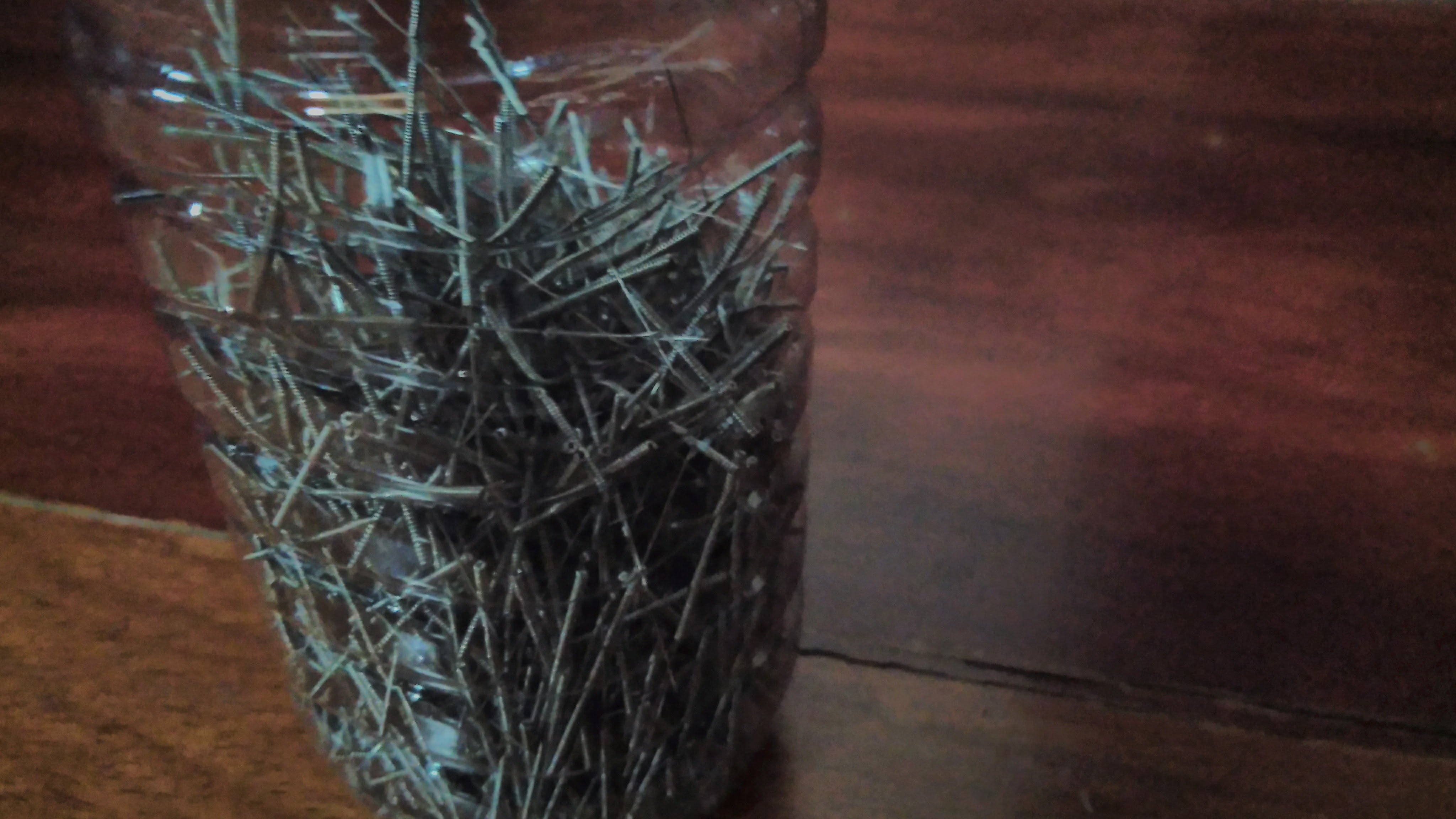
I don't mean to brag, but I came up on top on all of the courses, scoring perfect grades for everything. It's not that I was gifted or anything, I just listened during lectures, read and memorized the material, and practiced whenever I can. I still feel ill-equipped even when we finished the courses and the practicum, even though people made it seem that I had done something legendary. I'm not humblebragging or anything, the difference was just hard work and effort put into studying, I guess. I mean, all of them were just chatting during lessons while my mother and I were taking notes. It's not rocket science, people.
I went on to establish my practice in my family's clinic with the help of my mother, and have treated close to a hundred different people ever since.
A Divisive Concept
The main reason why people fail to accept therapies like acupuncture or chiropractic or whatever is because of a strict mentality about what's right or wrong, what's real or fake, what's a sham or a legitimate cure. I was on the other side, I should know. There are a lot of things that we have yet to know, and until there's a definitive answer for everything, I don't think we should be dismissive about things. I'm a big believer in that saying, "don't knock it until you try it" and given my rejective attitude, it surely wasn't easy accepting Acupuncture.
I didn't go through a cult-like process where I was converted to believing, I just went in with an open mind. My stance wasn't shaped because I was sold on the idea, rather it was developed over months of practice. Being immersed in all the different perspectives ranging from fanatical worshippers of the practice to those who violently reject even the mere thought of it, I've formulated a hypothesis why Acupuncture is so divisive.
There are no standards
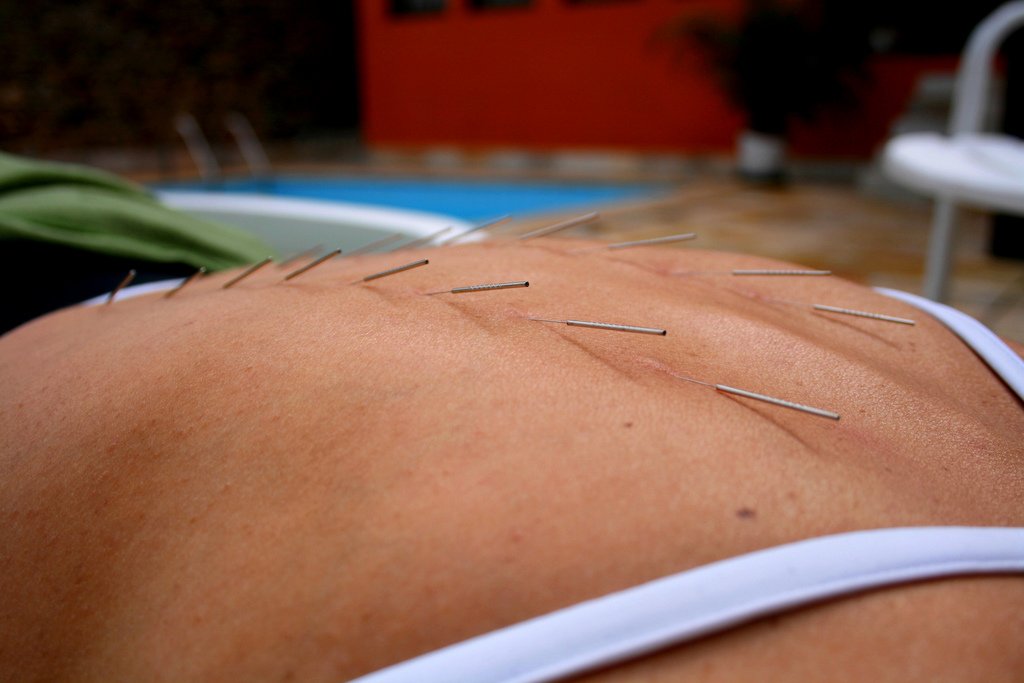
Different books have similarities, but they don't have a unified standard that they follow. Unlike in Medicine, where concepts hold true wherever you go, different practitioners of acupuncture have different interpretations of a given case. This is the same trap that Feng Shui and other similar concepts fall into. This is caused by the lack of a concrete history. Different organizations stake their claim as the authority, revising history as they please. It's an internal struggle that seems to be at the root of the battle for legitimacy.
One thing that people keep missing is that there are "standards," similarities that different schools of thought share. By focusing on the similar concepts and working up from there, representatives from different schools could then argue on the differences and studies can be conducted to see which protocols are truly effective. Many practitioners would argue that there are different protocols for different diagnosis, and I don't deny that, but that's why standards are important. Documenting which are the proper for a given diagnosis is key in developing a unified standard that all practitioners all over the world can follow. If people can just let go of their egos and work together to device a solid standard.
People pass it off as a cure to everything
A lot of fanatics pass it off as some sort of panacea to end all of mankind's disease, which, in my opinion, is a huge detriment to public acceptance. Let me tell you something, and I say this from the heart: Acupuncture cannot cure everything. Now, that's a fact. My mother is an OB-GYN, so a lot of my patients have OB-related problems, about 50% of them. Surprisingly, I have a 100% accuracy rate with treating patients with irregular menstruation. If you would tell pre-Acupuncture me that statistic, he would push your shoulder, make his eyes do barrel rolls for days and tell you to book the next flight out of the country, but present me would tell you, "unbelievable, right?" I was legit convinced that it wasn't possible, and I kept trying to disprove it, but patients kept getting healed. Other successful treatments include diseases like low back pain, knee pain, frozen shoulder, sciatica, etc.
Notice anything similar, excluding the menstruation cases? They all dealt with pain. Acupuncture needles, when punctured, sit directly on the muscle. Patients have been known to feel small electric currents (because of the nerves it goes through) and a feeling of being massaged (much like meat being tenderized) while punctured. That's because acupuncture is mainly used for pain or inflammation. I've even had a time when I was having a headache, I punctured myself, and the headache went away in about 30 minutes. Note that I said headache, not migraine or vertigo. Fever or other lung-related concerns? There's some basis for it, but you're much better off with other remedies.
Acupuncture simply isn't a cure for everything, but it does cure some things. To the other practitioners, let's not try to sell the impossible and just focus on the things that we can treat. The diseases that can be cured are being classified as a sham because of sham practitioners that try to sell Acupuncture as something that can cure cancer. Maybe it can, but there's just not enough evidence to support it, so it shouldn't be made as a legitimate claim. The more we stick to our guns, the less we're...
Not taken seriously by the scientific community
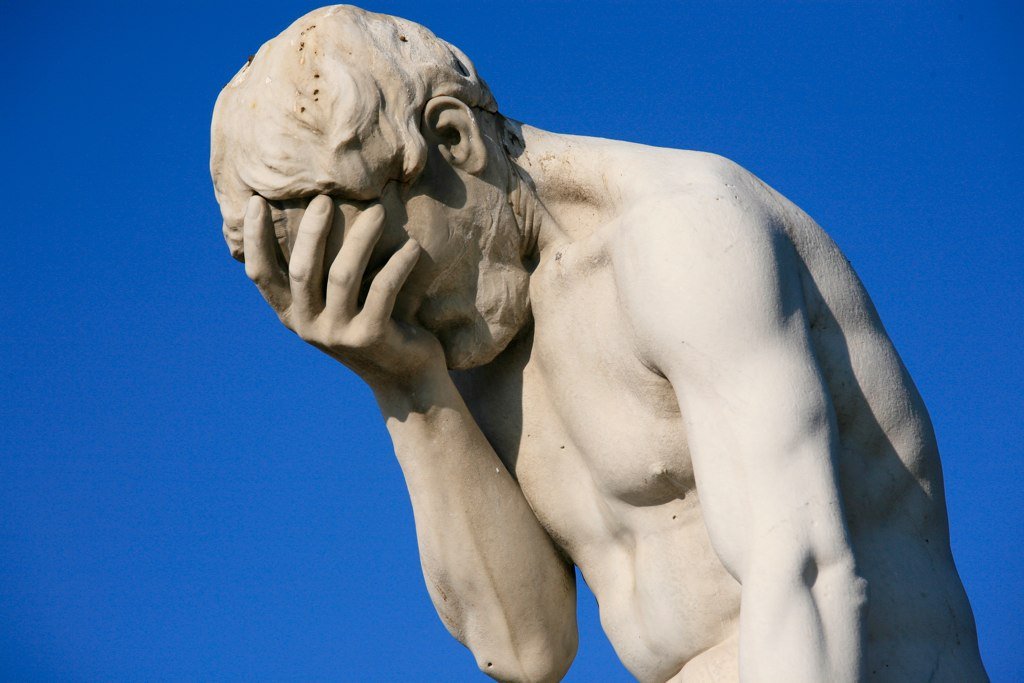
Sham practitioners are easy targets. They're fanatics that think they have the answer to everything. It hurts Acupuncture's reputation more than it helps. There have been studies that sought to disprove the effectiveness of acupuncture, and even though I won't list all of those that I've read, I gathered that those were conducted by less than impartial people. I've made my stand with regard to competitiveness known, and while I'm all for finding out the truth, trying to find peaceful co-existence is key.
There have been very little advancements in acupuncture because of the constant struggle for legtimacy. Legitimate practitioners fight a never ending battle to prove that we can't be generalized based on sham practitioners. Instead of finding the most effective cure, people are always arguing that this treatment or that treatment is better. Imagine if everyone just worked together to prioritize what's truly important. At the end of the day, we all just want to rid the world of disease. Now, sham practitioners could either just be cashing in or they really believe that what they're practicing is legit though.
A Sense of Purpose
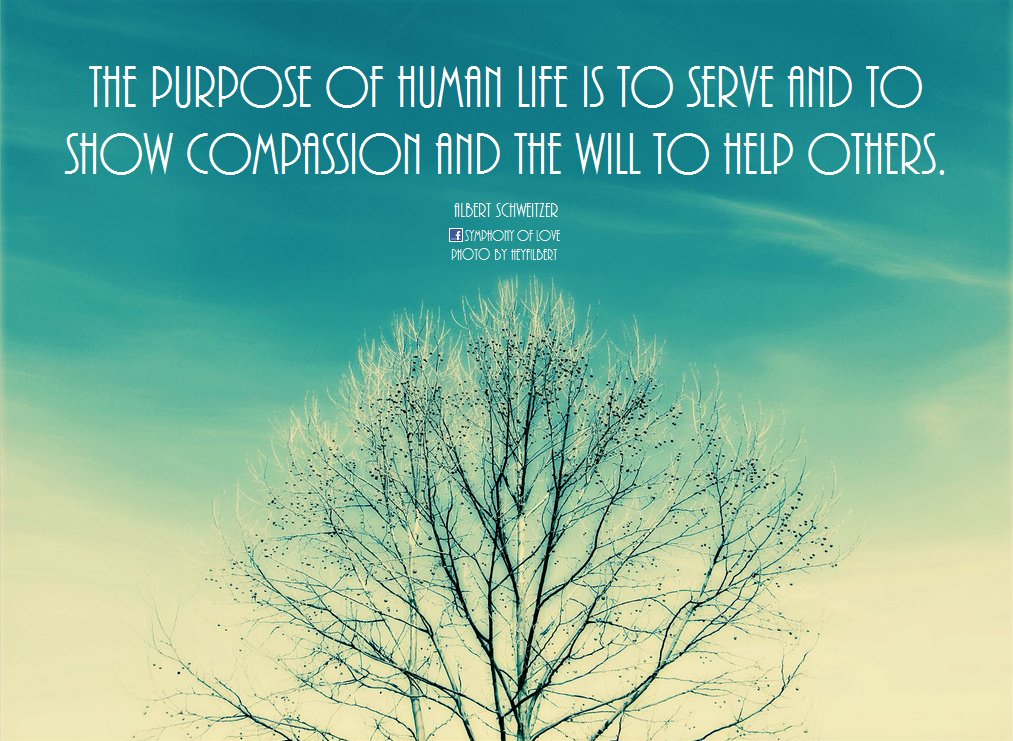
I've had a tough time deciding which profession I was going to take, but I knew that I just want to help other people, however I can. Throughout the course of my study of Acupuncture, I realized that it could indeed be a new modality with which I can use to aid others. While interacting with patients, I found a sense of accomplishment whenever they would report back that they haven't felt better in a long time. Farmers who couldn't afford to constantly buy pain meds, people who live in remote areas and don't have access to medicine,teenagers who don't get periods regularly, mothers who have nagging shoulder pain that physical therapy couldn't cure, addicts whose families have given up on them, patients who've gone through every medical specialist he could find without any improvement — these are the reasons why I do the job. Imagine, I've had a patient who went to optometrists, opthalmologists and allergenologists but still can't seem to stop scratching his eyes. I was on the fence about taking that one, because what authority did I have especially when specialists didn't have an answer.
It's still hit-or-miss for some cases because it's hard to turn people away even though I brief them that there have been no known successful acupuncture treatments for certain diseases. Now, does it really matter if the science behind it is 100% sound? It's not for me to say, but I'd rather rely on results than argue about whether a treatment is effective or not. What matters is that we try to do our best for it. Sometimes, while lying on my table, they just open up about their family woes or struggles, they cry a little, and even though their ailment hasn't improved, at least some burden was lifted off their chest, and that's all I could ever ask for. It's not about the money, the recognition or the fame, it's the feeling of knowing that you made somebody's life better. Call it luck, coincidence or even placebo effect, but I ask you this, what have you done to improve another person's well-being?

